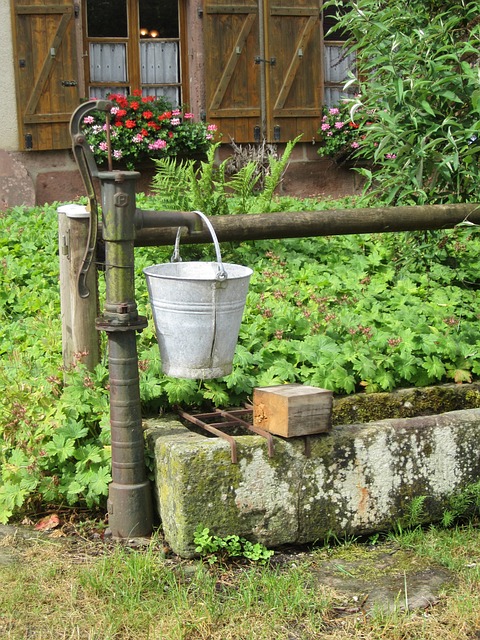Yard Waste Removal and Recycling (YWRR) are essential practices for sustainable living, mitigating environmental harm caused by improper management of leaves, grass clippings, and branches. By diverting organic materials from landfills, YWRR reduces water pollution, soil degradation, and greenhouse gas emissions. These eco-friendly methods enrich soil fertility with compost, support local agriculture, and foster a circular economy. In the digital era, innovative solutions like composting and advanced recycling technologies further enhance YWRR's environmental benefits, contributing to greener landscapes and minimizing communities' carbon footprints.
In today’s eco-conscious world, sustainable yard waste solutions are more important than ever. This article explores the profound impact of yard waste on our environment and introduces innovative strategies for eco-friendly removal. We delve into the benefits of recycling yard waste, highlighting its potential to revolutionize landscaping practices. By understanding the significance of proper management, we can contribute to a greener future while efficiently reducing waste. Discover how these solutions empower individuals and communities to make a positive environmental impact through simple yet powerful actions.
- Understanding Yard Waste: Its Impact and Importance of Sustainable Management
- Innovative Solutions for Eco-Friendly Yard Waste Removal
- Benefits of Recycling Yard Waste: A Greener Approach to Landscaping
Understanding Yard Waste: Its Impact and Importance of Sustainable Management

Yard waste, such as leaves, grass clippings, and branches, is a significant by-product of outdoor maintenance. Improper management can lead to environmental harm, contributing to water pollution, soil degradation, and greenhouse gas emissions. Effective yard waste removal and recycling strategies are essential for sustainable living. Not only do they reduce the strain on landfills, but they also provide valuable resources for composting and biofuel production.
The importance of sustainable yard waste management extends beyond environmental benefits. It encourages a circular economy where organic materials are transformed into nutrient-rich compost that can enhance soil fertility and support local agriculture. By adopting eco-friendly practices, individuals and communities can play a crucial role in mitigating climate change while creating healthier and more resilient environments.
Innovative Solutions for Eco-Friendly Yard Waste Removal

In today’s digital era, innovative solutions are emerging to transform traditional yard waste removal into an eco-friendly practice. Beyond simple collection and disposal, new methods like composting and yard waste recycling are gaining traction. These approaches not only reduce the environmental impact but also create valuable resources for local communities. For instance, residential and commercial properties can divert organic materials from landfills, contributing to a greener landscape.
Composting, a time-honored technique, involves breaking down yard trimmings and food scraps into nutrient-rich soil amendments. This not only minimizes waste but enriches garden beds and lawns. Similarly, advanced recycling technologies allow for the transformation of yard waste into renewable energy or raw materials used in various industries. By adopting these sustainable practices, folks can play a crucial role in fostering a healthier environment while reducing their carbon footprint.
Benefits of Recycling Yard Waste: A Greener Approach to Landscaping

Recycling yard waste offers numerous environmental benefits, making it a crucial aspect of sustainable landscaping. Instead of relying on traditional methods of Yard Waste Removal, which often involve transporting debris to landfills, recycling provides an eco-friendly alternative. By composting and repurposing organic materials like grass clippings, leaves, and branches, we significantly reduce the carbon footprint associated with waste management. This greener approach not only minimizes pollution but also creates a valuable resource for nourishing local ecosystems.
Moreover, yard waste recycling fosters a more sustainable cycle. Decompacted organic matter can enrich soil structure, improve water retention, and provide essential nutrients for plants’ growth. This natural process helps to maintain healthy landscapes while promoting biodiversity. As the practice gains traction, communities can expect to see less strain on landfill spaces and a decreased need for synthetic fertilizers, contributing to a more balanced and sustainable environment.
In light of the above discussions, it’s clear that sustainable yard waste solutions aren’t just an eco-friendly choice—they’re essential for a greener future. By understanding the impact of yard waste and adopting innovative removal and recycling practices, individuals can significantly contribute to environmental preservation. Implementing these strategies not only reduces landfill strain but also fosters a healthier ecosystem. So, let’s take action and embrace yard waste removal and recycling as a collective responsibility, ensuring a more sustainable tomorrow.
